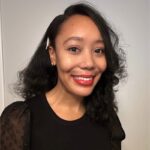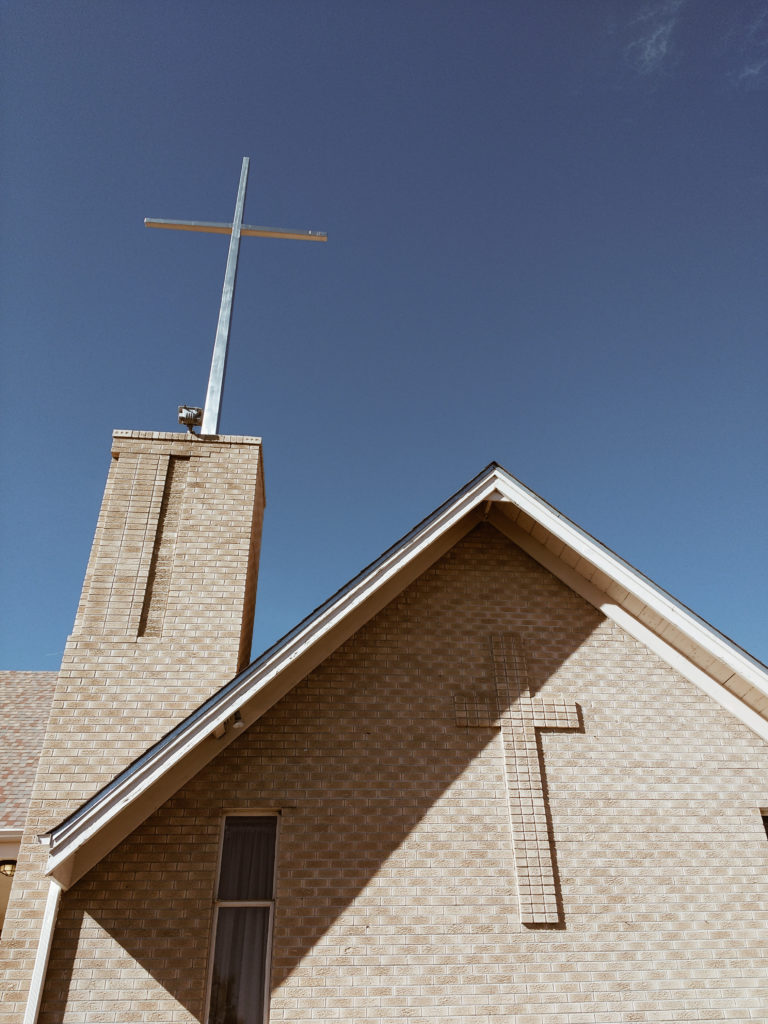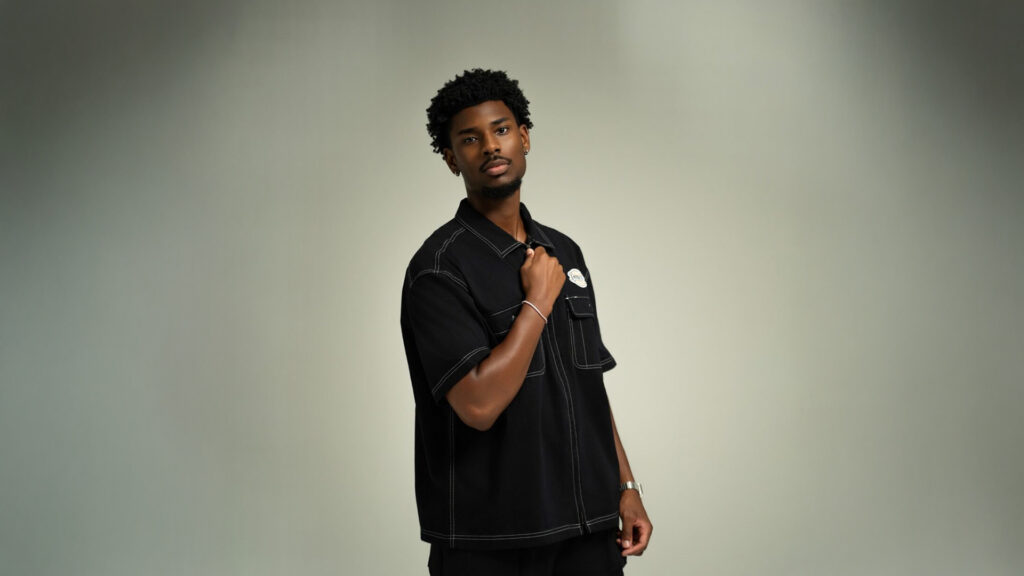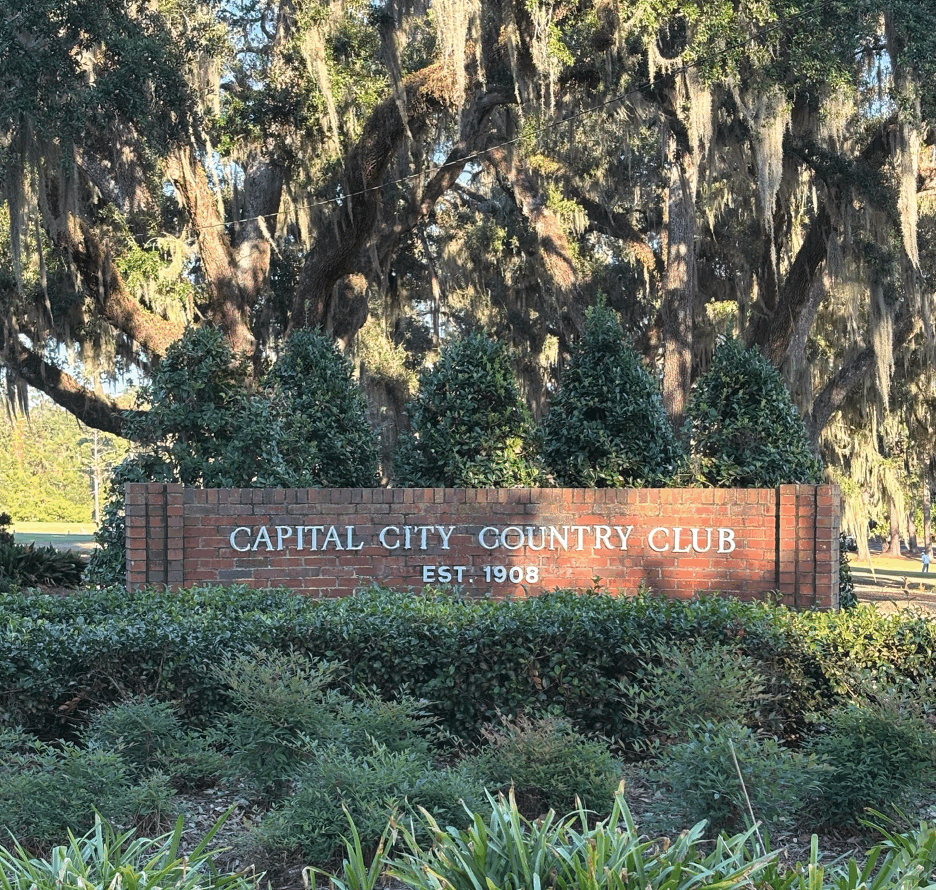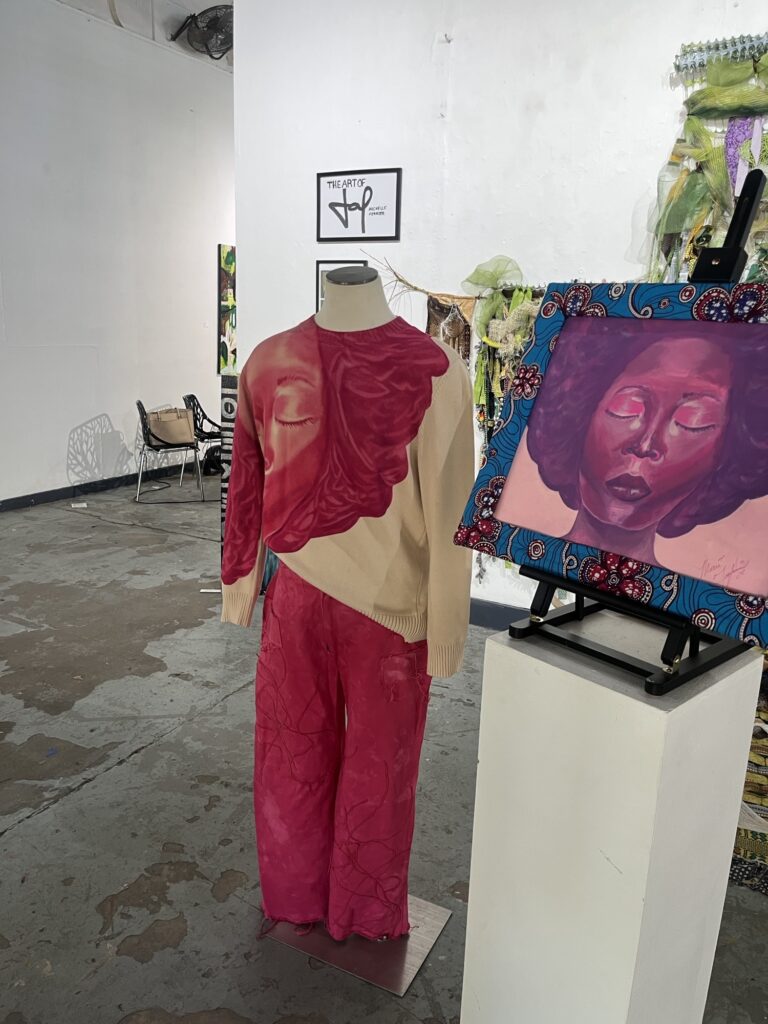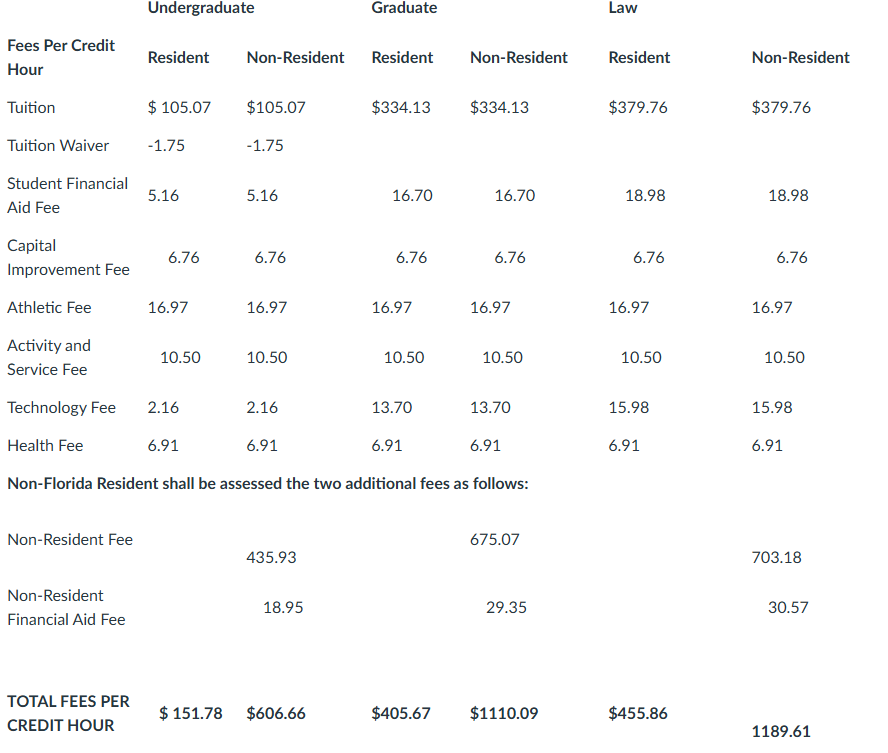Growing up in the Bible Belt region of the United States often means going to church weekly, out of tradition. For the southern states, church attendance is typically a part of the culture as families crowd in church pews and kids sing songs about God’s love in Sunday school services. Sunday mornings are reserved as safe havens from the ailments of the world.
But from the provenance of our nation, Sunday mornings have been exclusive and segregated as parishioners congregate to monochromatic and homogeneous churches. Post-slavery, many churches often excluded Black people from worshiping alongside white parishioners, resulting in Black people doing what they do best — creating safe spaces for themselves.
Today, in 2020, white and Black churches are still prevalent as issues that plague one group of people are not always understood by the other. However, decades after Dr. Martin Luther King Jr. referred to Sunday mornings as one of the most segregated times in America, congregations are slowly beginning to integrate. According to a study done by PEW Research Center in 2014, “In 1998, 20% of U.S. congregants were part of congregations that were entirely white. By 2012, that percentage had fallen to 11%.”
For white parishioners who attend predominantly Black churches, it is often an eye-opening experience for them as they gain insight into how Black followers of Christ deeply connect to stories in the Bible that reference injustice and oppression. For white allies that are empathetic from afar, attendance at Black churches gives them an up-close and personal look at the struggle and takes their empathy to a new level.
“It became increasingly difficult to worship alongside people who were against the oppressed.”
For married couple Kevin and Rachel Brill, their recent membership to New Dimensions Christian Center (NDCC) in Pensacola, Fla. has given them even more understanding of the Black struggle as they praise and worship alongside their Black “brothers and sisters” in Christ. It has been approximately five years since they began their journey of intentionally being justice-seeking Christians, but their fellowship at NDCC has elevated their stance.
“About 5 years ago we began noticing rhetoric coming from the church that was antithetical to the teachings of Christ,” Kevin Brill said. “One example would be the ‘Build the wall’ narrative. It became increasingly difficult to worship alongside people who were against the oppressed.”
The Brills were intentional about finding a new church that directly called out the hateful rhetoric of President Trump and spoke up for marginalized groups of people. In late 2019, the Brills found what they were looking for at NDCC.
There is a drastic contrast between the churches Rachel Brill grew up in and their current church home. Brill refers to the churches she grew up in as “very white-centered, very legalistic, very focused on Christians’ rights while ignoring the rights of the oppressed, America-first oriented, focused only on Republican agendas and protecting the flag.”
“Speak up for the oppressed. The sin of racial injustice is the sin of white people and has been enabled even today by many white Christians’ silence and complicity.”
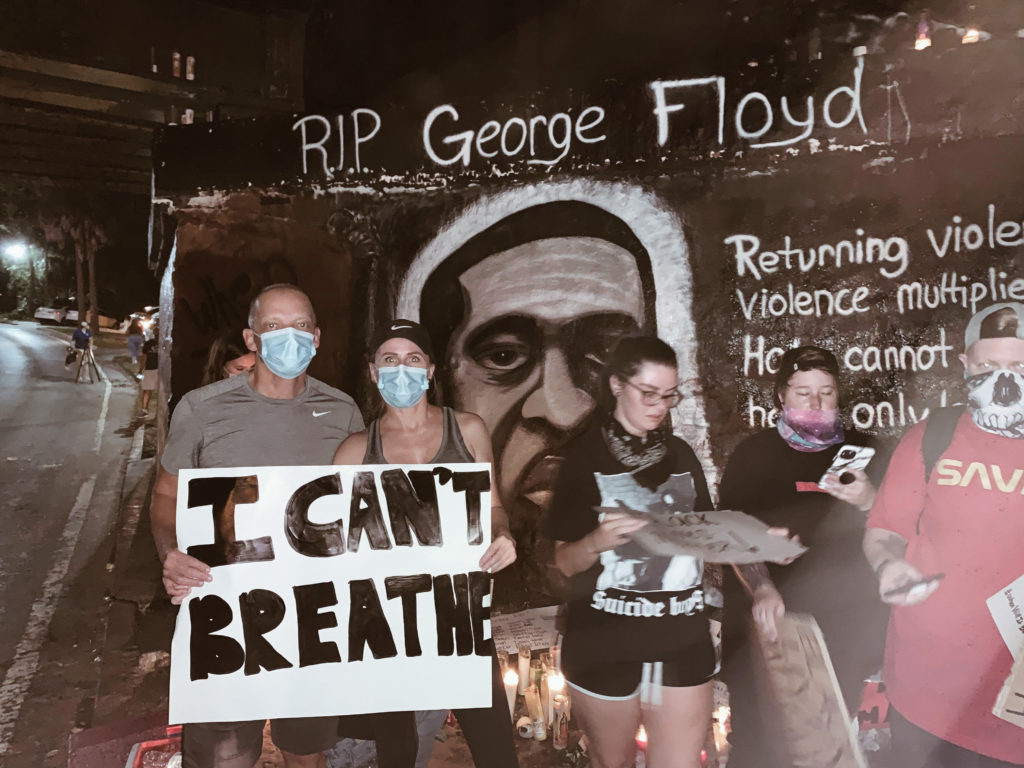
Kevin and Rachel Brill traveled to Washington D.C. earlier this month to march and protest the killing of black Americans. Photo courtesy of Rachel Brill.
The Brills’ proximity to Blackness has been especially important during this time in our nation as there is major unrest in regards to race relations and police brutality.
Kevin Brill said attending NDCC has absolutely increased his awareness on matters of the world. Being communal with more Black families and being led by a Black pastor has enriched their perspective on speaking out against inequality and has affirmed their revelation on churches’ duty to justice from five years prior.
“They have given us tools and educated us in so many ways,” Kevin Brill said. “It has been like water to our dry and thirsty souls to be under Christian leadership of integrity and strength to speak out on behalf of the marginalized and oppressed.”
They both spoke candidly on how biases they were raised to believe had to be dealt with as they made the choice to worship alongside Black people. As they attended services they were surprised by how many strong, Black fathers there were and immediately felt shame and repented for the assumption that strong, Black fathers are an anomaly to the community.
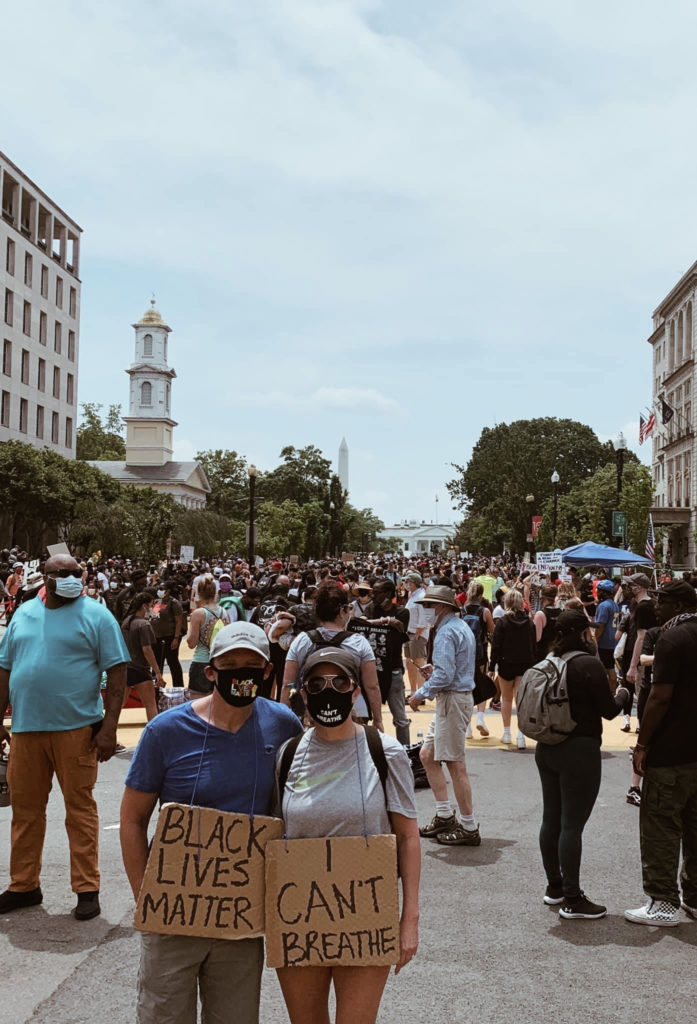
Kevin and Rachel Brill protest against police brutality and white supremacy in their hometown, Pensacola, Fla. Photo courtesy of Rachel Brill.
The teaching imparted into the Brills on Sunday mornings does not fall on deaf ears. They have made it their intention to be more relational with Black families outside of the church and to continue their work outside of the four walls of a church building. Earlier this month the couple traveled to Washington D.C., to march and protest against police brutality and to demand change from our government. They have also been active in many local protests in Pensacola, Fla., and intend to continue to use their voice to stand up for those who are suffering.
Rachel Brill says that it should be all Christians’ burdens to speak up for injustice simply because Jesus told them to.
“Bear one another’s burdens,” Brill said. “Speak up for the oppressed. The sin of racial injustice is the sin of white people and has been enabled even today by many white Christians’ silence and complicity.”
The Brills’ lives show that proximity often creates new perspectives. As they intentionally worship closely to Black individuals, they gain new knowledge of their struggle and make an effort to eradicate those struggles daily.
